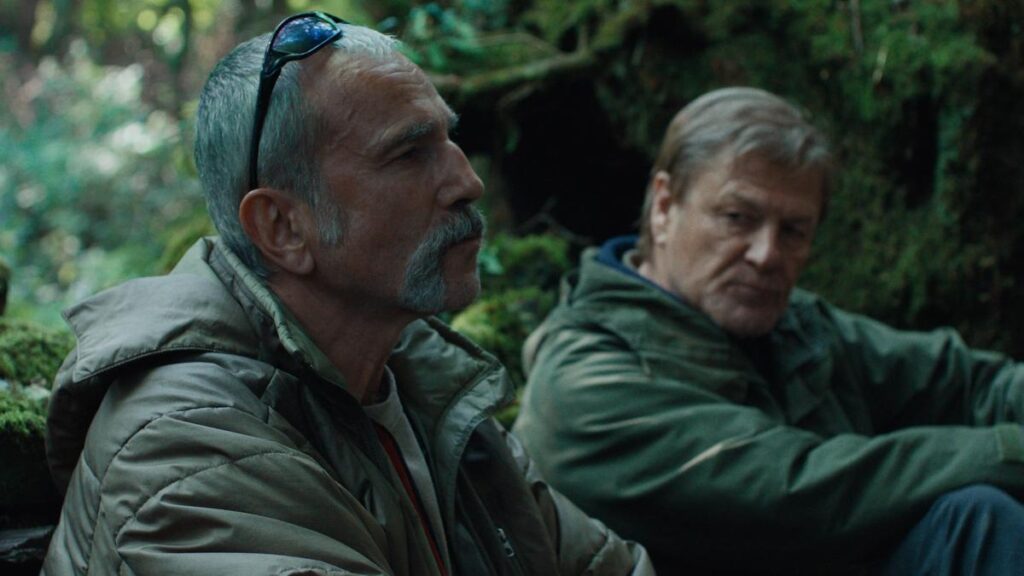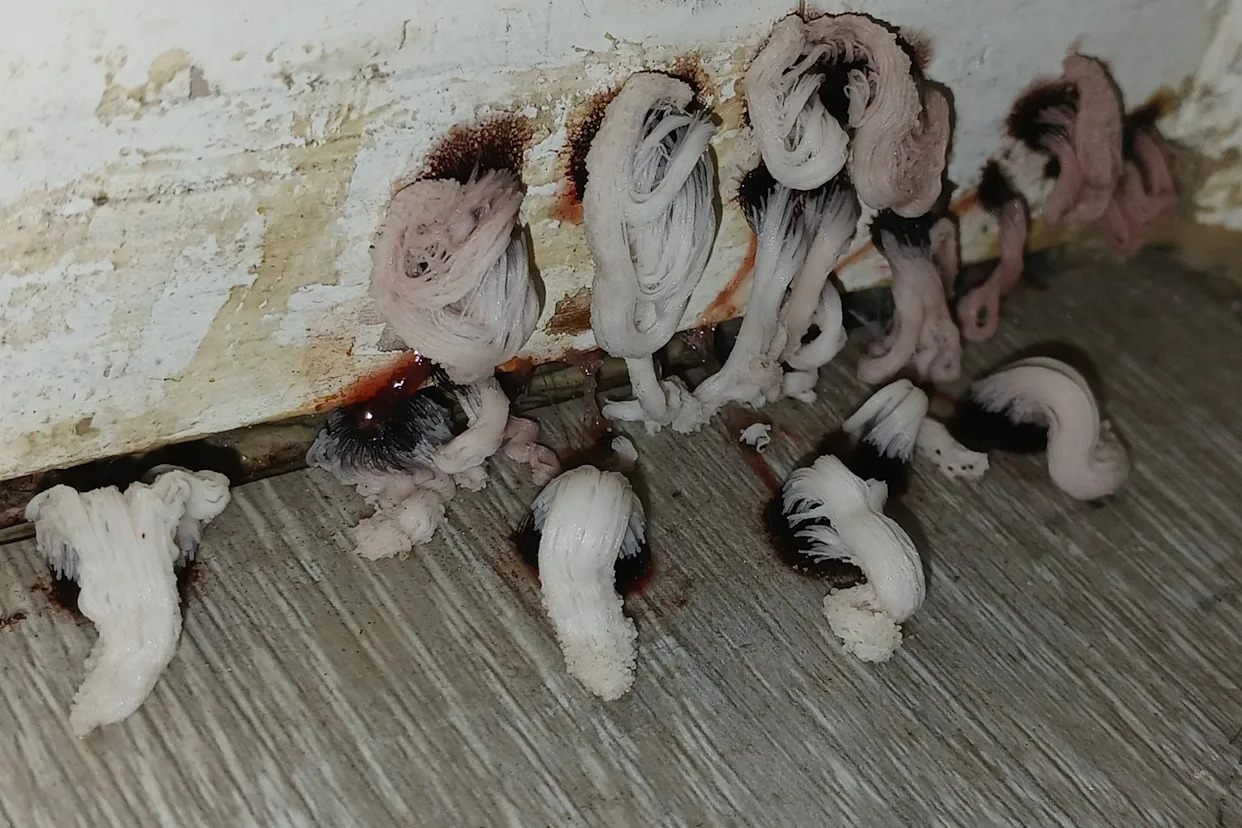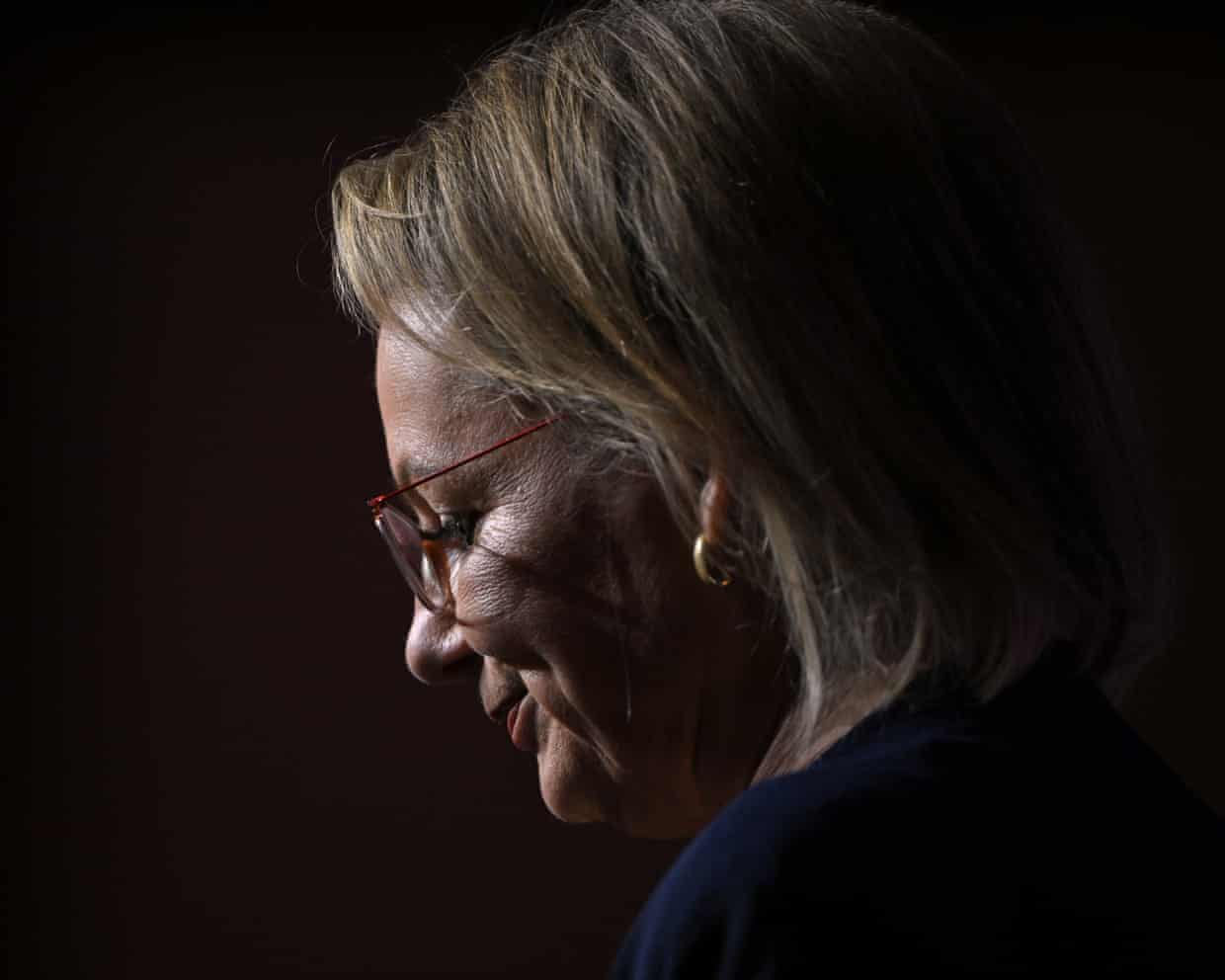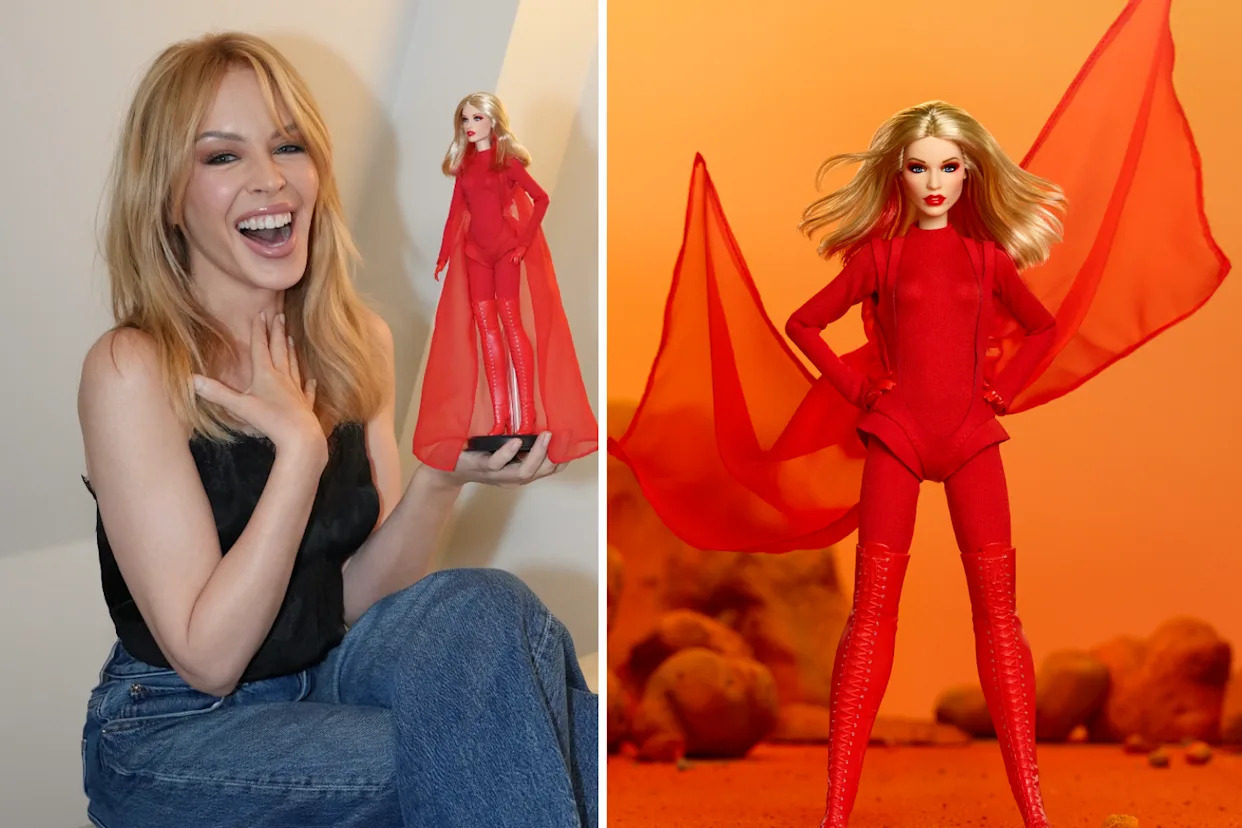
Anemone.~|~|AKKdFzlcAD
The film *Anemone*, a British-American co-production, marks the return of acclaimed actor Daniel Day-Lewis from retirement, as he collaborates with his son, Ronan Day-Lewis, who directs and co-writes the film. The story delves into complex family dynamics, showcasing the relationship between estranged brothers Ray and Jem, played by Day-Lewis and Sean Bean, respectively.
In the film, Ray, a former British soldier who has withdrawn from society, faces the emotional turmoil stemming from his past. After nearly two decades of living in seclusion, he is drawn back into the world when his teenage son, Brian, portrayed by Samuel Bottomley, encounters difficulties, prompting Ray’s mother, played by Samantha Morton, to urge him to return home.
The bond between the Day-Lewises during the film’s promotion is evident. In interviews, Daniel listens attentively to Ronan, displaying a proud smile that reflects their strong connection. This collaboration is particularly significant as it brings Daniel back to the screen following an eight-year hiatus since his last film, *Phantom Thread*.
Ronan, who has a rich artistic lineage, being the son of Daniel and filmmaker Rebecca Miller, and the grandson of poet laureate Cecil Day-Lewis, has long been fascinated by storytelling, especially regarding brotherhood. “When my dad approached me with the idea of us finding something to latch onto together, it was clear he also, independently, had this fascination with brotherhood,” Ronan explained, highlighting the thematic depth of their work.
The writing process for *Anemone* took four years, as the father-son duo only wrote together when they were physically present in the same space. “That probably prolonged the whole experience,” Daniel remarked. “But in a way, it was good because we weren’t sure what we would find.” Their collaborative approach infused the film with depth, particularly in scenes reflecting the emotional exchanges between Ray and Jem, which mirror the intimacy of their own relationship.
Despite the film’s exploration of familial conflict, Ronan stressed that *Anemone* is not autobiographical. He connected with Brian’s quest to understand his parents’ pasts but clarified that the narrative diverges from their own experiences. Daniel also identified with Brian’s journey, recalling his own loss at a young age. “The absence of his father is something that preoccupies him, and that was certainly true for me at his age,” he shared.
As a first-time director, Ronan felt the pressure of leading a cast that included his father and seasoned actors like Bean and Morton. He sought guidance from his mother, whose prior work with Daniel in *The Ballad of Jack and Rose* provided inspiration. “She always ends up having these wonderful rapports with actors,” Ronan said, emphasizing the importance of creating a positive working environment.
Through their collaboration, Daniel has prepared Ronan for the responsibilities of filmmaking, instilling an understanding of the actor-director dynamic. “I talked to him about the working relationship between actors and directors, and what enriches that relationship,” Daniel noted.
While the familial bonds between the Day-Lewises are strong, the film’s narrative contrasts this with the emotional rifts depicted on screen. The harmony they share off-screen indeed stands in stark opposition to the conflict portrayed in *Anemone*, highlighting the complexities of family ties.
As audiences await the film’s release in March 2024, the Day-Lewis collaboration promises to offer a poignant exploration of family, legacy, and the unspoken connections that bind us. The film not only marks a significant return for Daniel Day-Lewis but also showcases Ronan’s emergence as a filmmaker in his own right.






